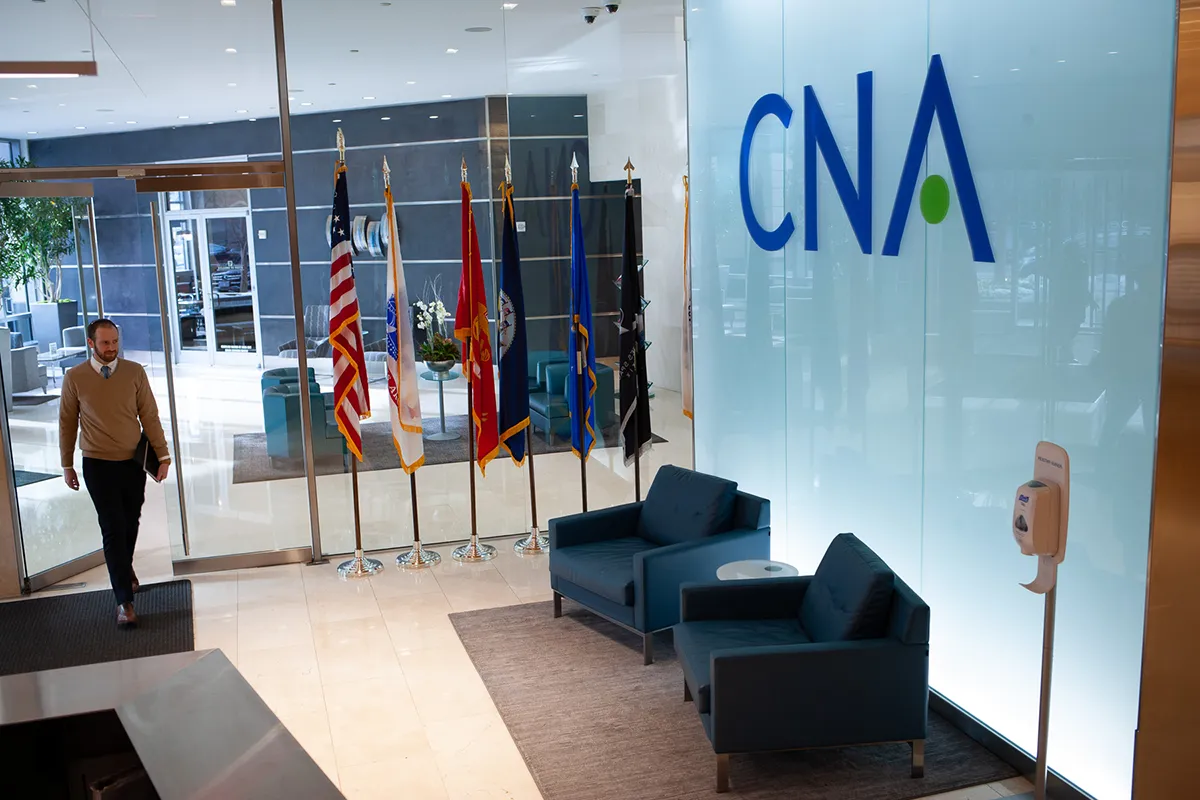Two years after COVID-19 was declared a pandemic, many employers are still looking for relief from ongoing staffing shortages. This shortage has illuminated a long-existing problem that has been straining correctional institutions and their staff. Jails, prisons and detention centers across the country have struggled for many years to recruit and retain staff to maintain adequate staffing levels. Many experts refer to this problem as a "crisis" that needs to be addressed immediately. Recruitment and retention have become a larger concern as correctional institutions see more professionals leaving the field and fewer candidates applying for these jobs.
It's also important to think about retention and recruitment together, as many of their challenges overlap; for example, the stressful nature of working in a correctional institution can be the cause of both receiving few applicants and employees resigning to seek different employment. Additionally, if an organization does not focus on retaining current employees, its recruitment problem will never be fixed, as the agency will have to regularly spend recruitment resources to hire for vacant positions.
Many state and local correctional agencies are reporting that staff turnover, vacancies and overtime are at never-before-seen highs. Officials are ringing the alarm for action as more correctional officers quit and retire in large numbers.
There are many reasons why this staff shortage issue in correctional institutions is concerning. For one, low staffing numbers can create safety issues, as there are fewer staff members to respond to emergency situations, including violent riots and escapes. Staffing issues can also cause limited services for jail residents, which can affect meal delivery, medical support and family visitation hours. In a climate where the practices of criminal justice agencies have been under closer scrutiny, this issue continues to gain the attention of larger audiences.
Correctional institution officials and experts have expressed concerns that this staffing crisis is reaching a breaking point. This problem has been a recurring topic at regional meetings of correctional institutional leaders and experts.
Many of those involved in matters related to correctional institutions have asked, what are the existing challenges for correctional institutions, what do these institutions plan on doing to address this problem and how can institutions be better supported in improving recruitment and retention?
-
Existing Challenges: Many of the existing challenges for correctional staff recruitment and retention overlap, but they still have unique effects on an institution's staffing efforts. Some of these overlapping issues include a higher risk work environment and uncompetitive pay and benefits. These factors can drive potential applicants to look for employment in areas that are less stressful and pay more. Current employees can become burned out and feel that their compensation is not worth the exhaustion and fatigue that they are experiencing.
The COVID-19 pandemic has intensified these issues. In addition to other challenges, officers now must be concerned with falling ill from the virus, spreading the virus to loved ones and covering additional staff shortages from officers who are out sick. Hearing about these issues can dissuade a potential applicant from starting a career in a correctional institution.
-
Addressing the Issue: Some correctional institutions are working to create more appealing compensation offers. This includes increasing pay, benefits and bonuses. Better compensation can increase interest from applicants and incentivize existing staff to continue working with the institution. Approaches to retain staff have included offering more resources and making changes to operations to support staff. Other common recruitment approaches involve improving human resources efforts, such as expanding outreach on social media.
-
Support Needed: When thinking about the type of support and resources that correctional institutions need, many leaders will often ask for more funding. Funding could be used to increase pay and encourage people to apply for and stay at the job. While many government agencies and institutions have limited budgets, correctional institutions need other assistance to address this issue. Dedicating subject matter experts and research attention to this problem will help the field identify best practice solutions and additional tools that institutions can use to solve this problem.
Correctional officers are at the foundation of the correctional institution and are an essential piece of the criminal justice system. The corrections field needs promising solutions and supportive resources to address this problem. To understand what funding or support would be the most valuable, there needs to be an increased understanding of the most effective solutions. There are still large gaps in the knowledge about the most effective approaches for recruiting and retaining quality staff. As this problem continues to worsen, practitioners, experts and researchers should come together to develop a lasting fix for this chronic problem. It is up to the correctional leaders, subject experts and lawmakers to continue contributing to finding effective solutions to provide relief to these institutions and the officers who work to ensure the safety of incarcerated individuals, institutional staff and the community.



